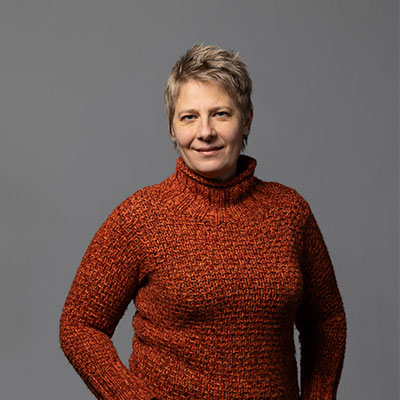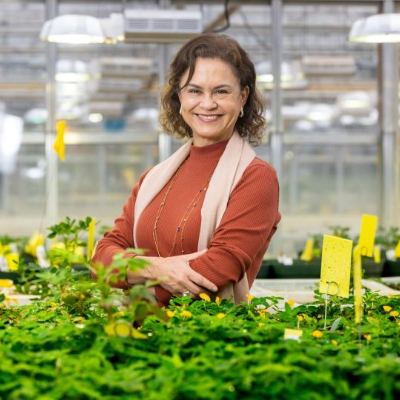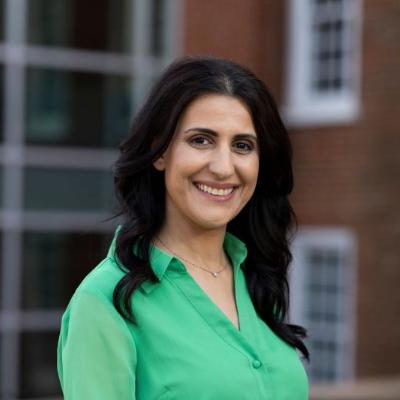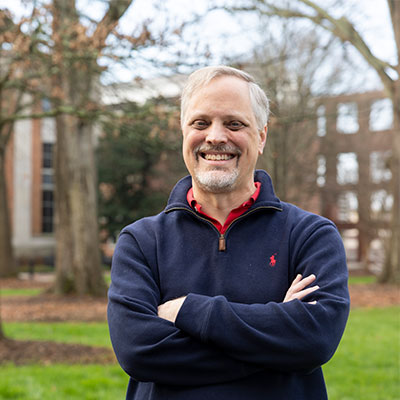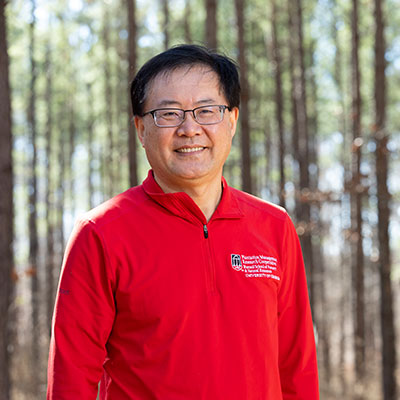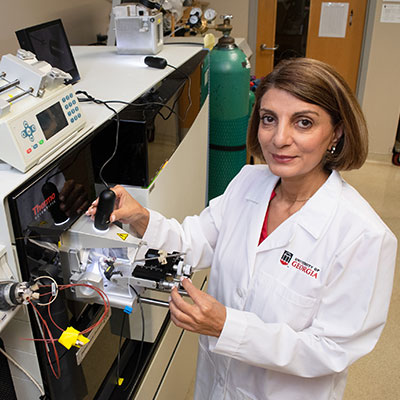Scott Pippin
Non-Tenure Track Faculty Research Excellence Award 2025
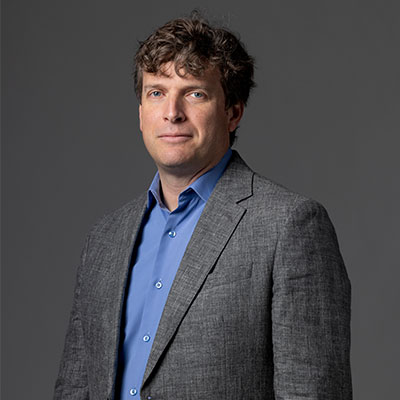
Scott Pippin, public service associate in the Carl Vinson Institute of Government, is a leader in applied research on community resilience, environmental policy, and infrastructure planning. He founded the Defense Community Resilience Program, a multidisciplinary initiative that strengthens military installations and surrounding communities through data-driven planning and policy strategies. His work has secured over $7.6 million in federally funded projects and has been instrumental in developing two 10-year Intergovernmental Support Agreements with the U.S. Army, totaling over $100 million in authorized funding. Pippin’s applied research has shaped policies on transportation networks, wastewater infrastructure, and flood resilience, influencing federal and state decision-making. His peer-reviewed publications, law review articles, and national presentations have earned recognition from the National Academy of Sciences and the U.S. Department of Defense. A recipient of the Walter Barnard Hill Award for Distinguished Achievement in Public Service and Outreach, Pippin continues to advance impactful solutions for resilient communities.

